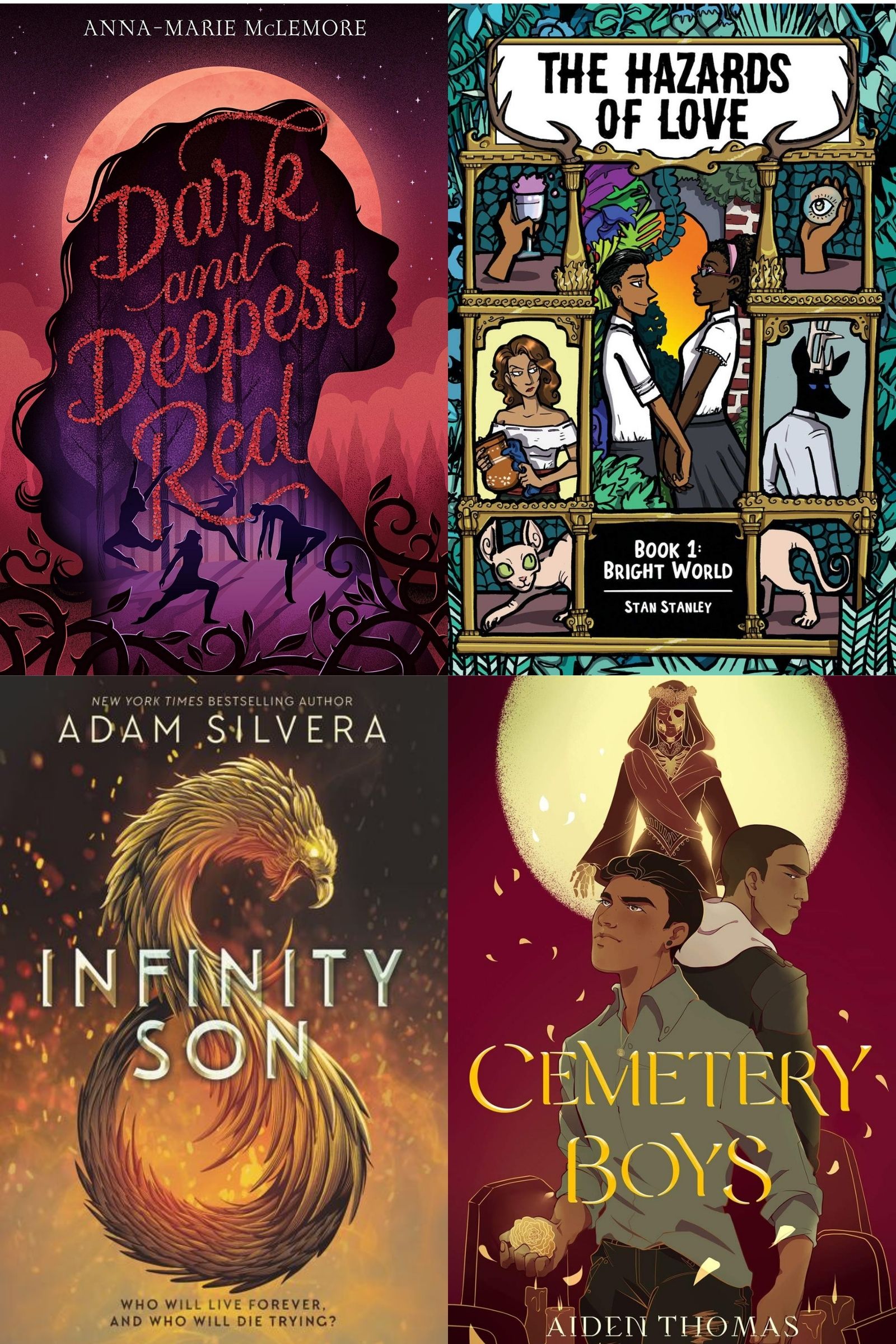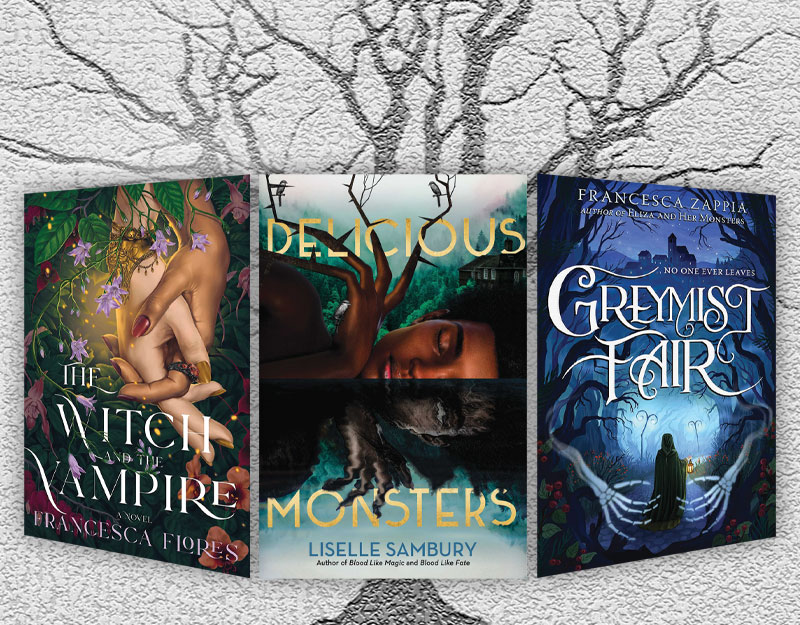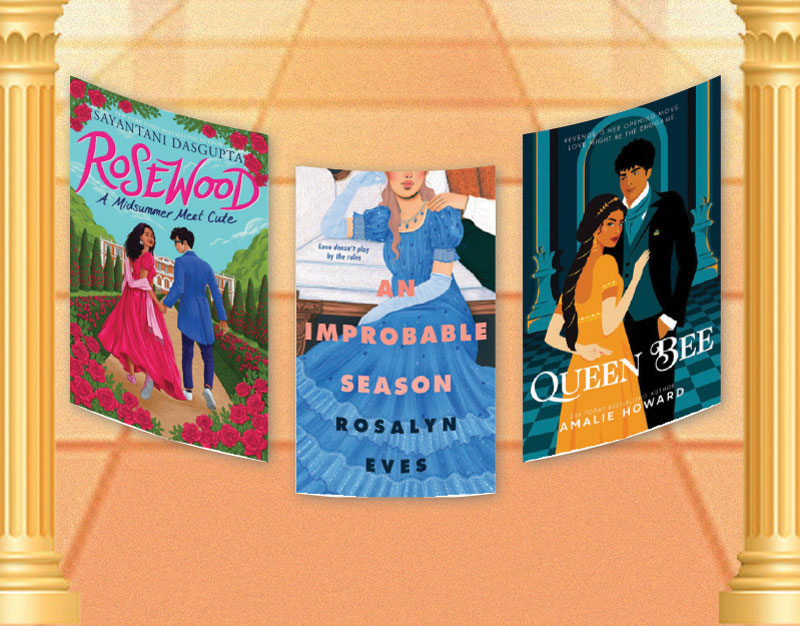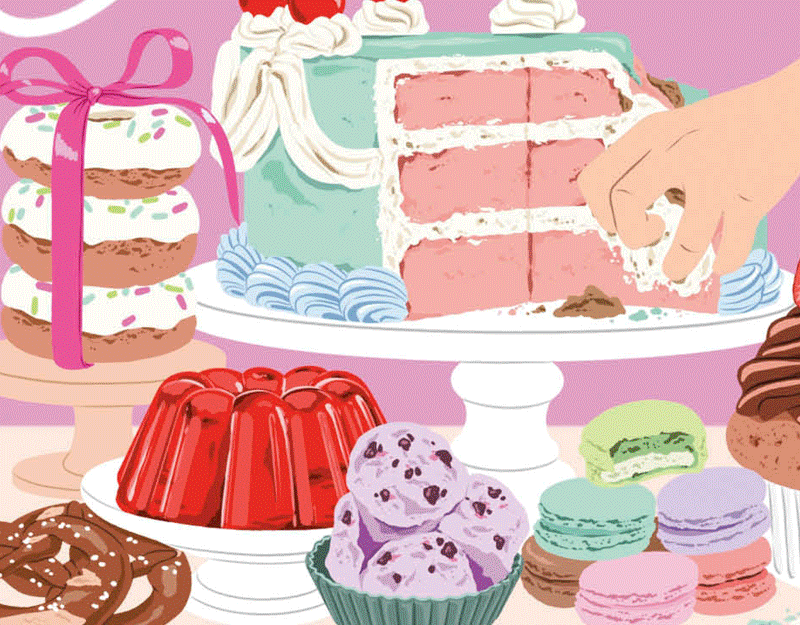A Second Look at Second Chances, a guest post by Miel Moreland
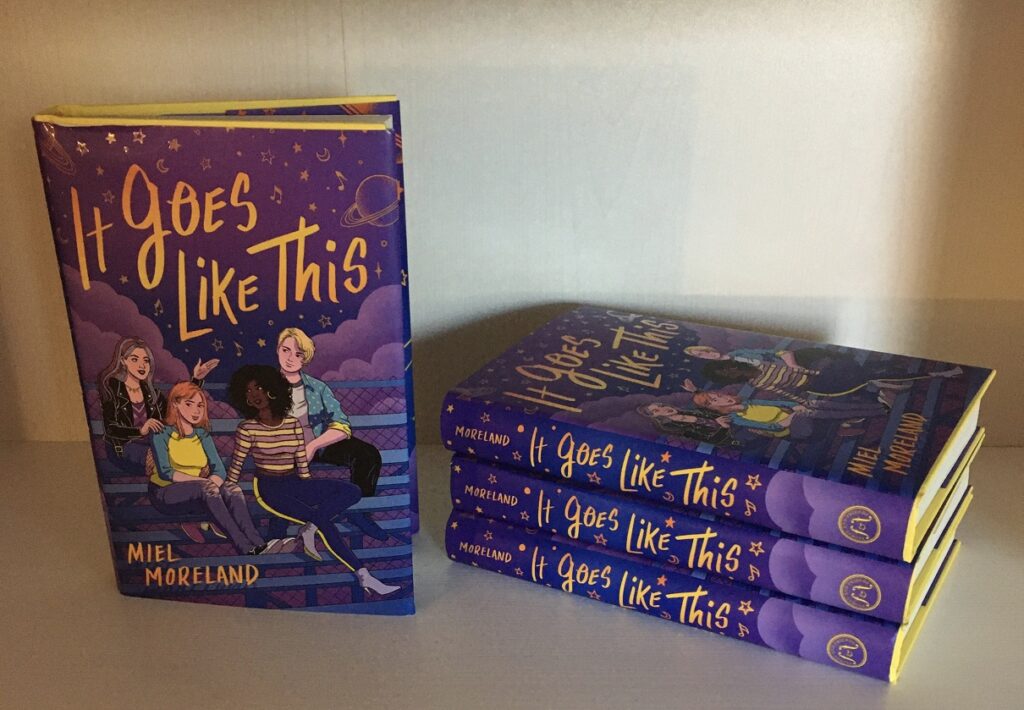
For some people, high school is marked by grass-stained jerseys or student council budget debates. For three years, my high school experience largely centered on headsets, blocking scripts, and knowing actors’ lines better than they did. By the fall play of my junior year, I was the lead stage manager. I loved the camaraderie with the rest of the crew, the thrill of trust and responsibility that came with carrying the keys and knowing the codes, the thousand details to coordinate. The gaffer tape.
But that fall was also marked by my first bout with depression, and my anxiety—which in retrospect, had appeared throughout my childhood—surged. The high-pressure, time-consuming nature of stage managing further eroded my mental health. By the time I called the show’s final light cue, I knew something would have to give.
ADVERTISEMENT
ADVERTISEMENT
After the spring musical, I quit tech crew altogether. A decade on, I still believe this is one of the best decisions I have ever made, and certainly one of the most important decisions I made as a teenager.
Our culture is obsessed with perseverance. There’s nothing wrong with perseverance itself—in general, it’s an important mindset to develop—but its glorification in fact inhibits the growth it is usually intended to promote. Because when we are taught only to persevere, we are never taught when it’s actually worth quitting, and certainly not how to quit without shame. We are always supposed to overcome; we are not supposed to “let” anything else—from bigotry to our own mental health challenges—“win.”
May is Mental Health Awareness Month, and I am here to say it’s okay to quit sometimes. There should not be anything shameful in shifting your priorities, especially not a shift that could bolster your well being in another area. I am here to offer the possibility that you can change your mind.

Before the main timeline of my debut, It Goes Like This, the novel’s world-famous queer pop group breaks up. For two of the characters, their quitting the band would hardly register as such, because they leave to pursue other, equally grand artistic endeavors. Culturally, they’re allowed to change their minds, because they choose something acceptable with which to fill the presumed void.
Another band member, however, quits the entertainment industry altogether. Instead of pursuing a solo career, Steph goes home. They spend time with their family; they have the privacy to explore and express their identity. And they worry, when a storm reunites all four of them in their hometown, that the others will judge them for this choice.
Usually when I talk about my novel, I mention the sparks: the broken-up band, the benefit concert, the heartbreak and yearning of the main romance. It is too simple to call it a book of second chances—at friendship, romance, and dreams—because some of it is characters giving themselves permission to take first chances on new dreams.
There’s enormous pressure these days on teenagers to know exactly what they want, very early on. At fourteen or fifteen, you should be starting the right extracurriculars, so you can move into leadership roles by the time you’re applying to college, so you can enter college with a starter résumé that will land you the position on the university newspaper or in the lab.
The narrative goes like this: if you change your mind, at any point after you are fifteen or sixteen, then you’re already behind. You have wasted time, and possibly money. What’s more, it often feels shameful to be wrong about anything, and especially shameful to be wrong about anything you’ve staked yourself publicly to: your identity, your dreams, your plans for your future. When that niggling sensation of wrongness—or, worse, that euphoria of rightness, but from the “wrong” source—arrives, you push it down. It’s too late.
It’s not too late.
ADVERTISEMENT
ADVERTISEMENT
I write about ambitious queer kids, but the dark undertow of ambition is the fear that to be anything but is to be considered cowardly or lazy. Sometimes, you realize you need to be on a different path. Sometimes, you’re just tired.
Rest. And if you want, later, get up again, from whatever side of the bed you want.
Meet the author

Miel Moreland was born and raised in Minneapolis, Minnesota. With time spent in California and France, she has a Midwestern heart but wandering feet. When not making pop music references and celebrating fandom, she is likely to be found drinking hot chocolate and making spreadsheets. She currently resides in Boston.
Social links:
Twitter: @MielMoreland
Inta: @readthenfall
website: www.mielmoreland.com
About It Goes Like This

In Miel Moreland’s heartfelt young adult debut, It Goes Like This, four queer teens realize that sometimes you have to risk hitting repeat on heartbreak.
Eva, Celeste, Gina, and Steph used to think their friendship was unbreakable. After all, they’ve been though a lot together, including the astronomical rise of Moonlight Overthrow, the world-famous queer pop band they formed in middle school, never expecting to headline anything bigger than the county fair.
But after a sudden falling out leads to the dissolution of the teens’ band, their friendship, and Eva and Celeste’s starry-eyed romance, nothing is the same. Gina and Celeste step further into the spotlight, Steph disappears completely, and Eva, heartbroken, takes refuge as a songwriter and secret online fangirl…of her own band. That is, until a storm devastates their hometown, bringing the four ex-best-friends back together. As they prepare for one last show, they’ll discover whether growing up always means growing apart.
ISBN-13: 9781250767486
Publisher: Feiwel & Friends
Publication date: 05/18/2021
Age Range: 13 – 18 Years
Filed under: Uncategorized
About Amanda MacGregor
Amanda MacGregor works in an elementary library, loves dogs, and can be found on Twitter @CiteSomething.
ADVERTISEMENT
ADVERTISEMENT
SLJ Blog Network
2024 Books from Pura Belpré Winners
Passover Postings! Chris Baron, Joshua S. Levy, and Naomi Milliner Discuss On All Other Nights
Winnie-The-Pooh | Review
Parsing Religion in Public Schools
ADVERTISEMENT



